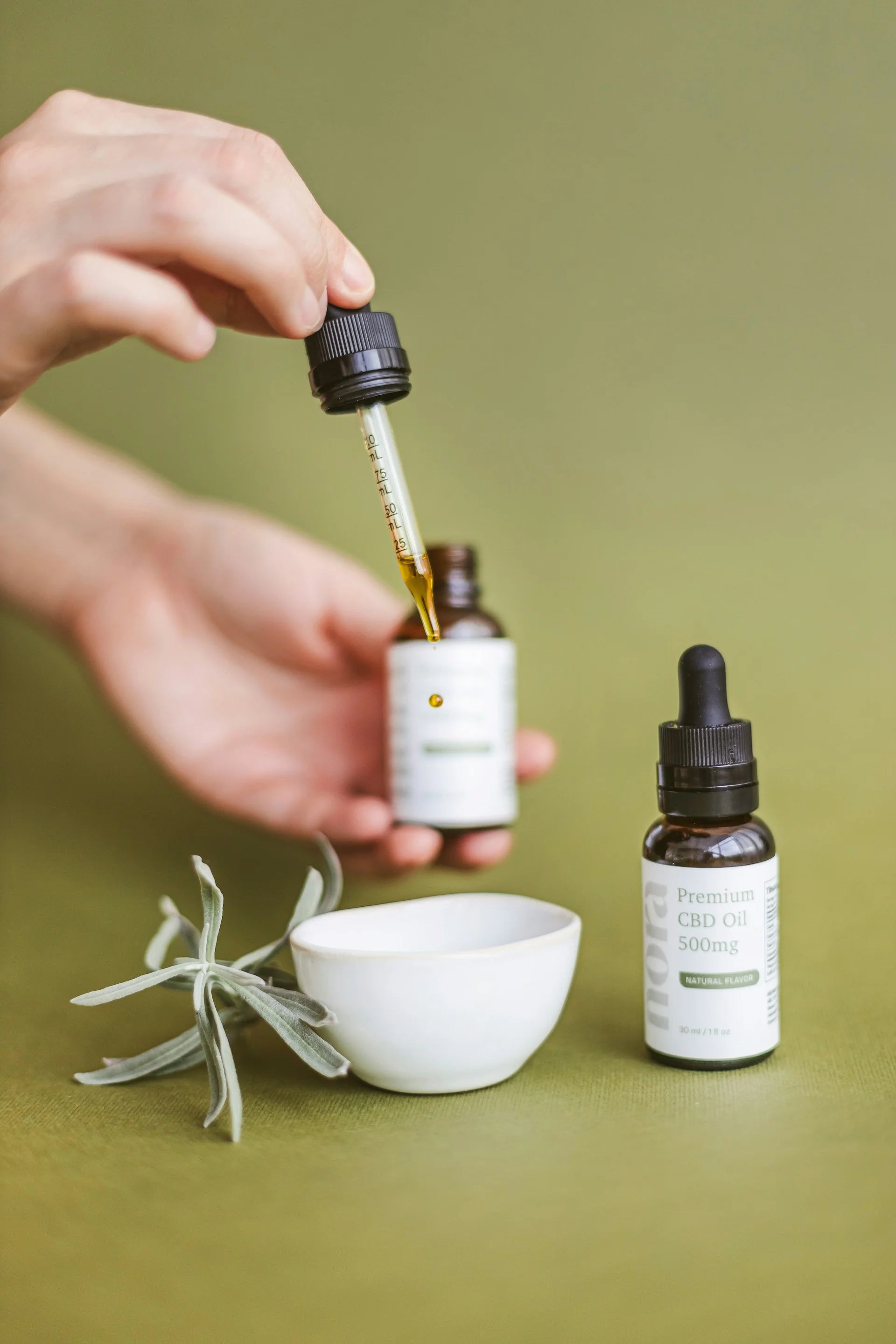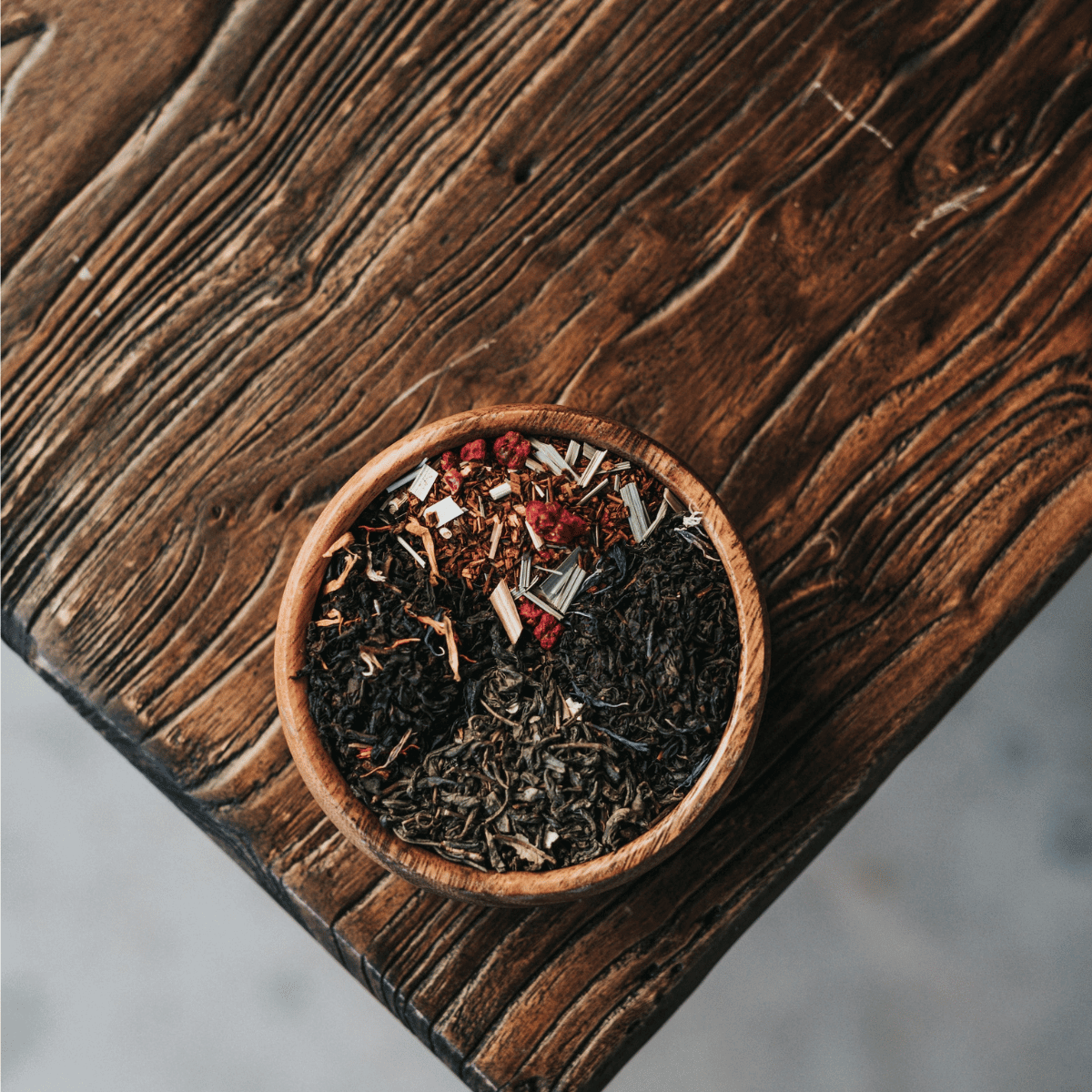Can I smoke blue lotus?
Blue Lotus, also known as Egyptian lotus and sacred lily of Nile, is an antioxidant and nutritional powerhouse that has been useful to humans for ages. It is a natural gem that has been appreciated by many cultures, including the Ancient Egyptians.
Blue Lotus is apparently considered a psychedelic and mind-altering aphrodisiac drug. It was initially developed as a pharmaceutical medication for the treatment of depression but has since been used recreationally for its hallucinogenic effects. There are several different varieties of this drug, each with varying levels of potency.
History of smoking blue lotus
Blue lotus is a plant in the family of Nymphaeaceae. It is also known as 'blue water lily'. The Blue Lotus flower is a popular ornamental flower and is native to East Africa, especially in Egypt. In the olden days, it was used to make tinctures for treating fever and inflammation. The blue lotus extract was also used to treat constipation and other digestive disorders.
The smoke from the blue lotus flower is believed to help treat erectile dysfunction and mental disorders like depression and anxiety, but further research needs to be conducted to confirm those claims. Its herbal tea has been used for centuries by people in many cultures to increase their concentration levels during meditation sessions.
Where does the blue lotus flower come from?
The blue lotus flower comes from the water lily (Nymphaea caerulea), which is native to Asia and Africa.
The blue lotus has been cultivated for centuries and is now an important part of many cultures' traditions. The Greeks believed that the lotus was a symbol of rebirth, renewal and immortality because it blooms from its root every morning. The Egyptians saw it as a symbol of female fertility and worshiped it as a symbol of rebirth for their pharaohs.
What is blue lotus used for?
Blue lotus can be used as an anxiety reliever and sleep aid. It has a calming effect on the mind, and it can also help you relax and sleep better at night. It can also be used as an antidepressant if you have been struggling with feeling down or having trouble sleeping.
However, no FDA (Food and Drug Administration) approved studies have been published yet confirming any of those benefits. You should consult your health practitioner before consuming anything for its potential healing properties.
What is the active ingredient in blue lotus?
The Egyptian water lily known as blue lotus (Nymphaea caerulea) contains apomorphine, aporphine and nuciferine. As a non-selective dopamine agonist that activates dopamine receptors and enhances motor performance, apomorphine has been referred to as a psychoactive alkaloid. It is typically used to treat Parkinson's disease.
What does smoking blue lotus do?
Smoking blue lotus can have side effects and is not recommended for people who are using any form of drug. It has been reported that smoking the plant does not lead to addiction but it may cause nausea and vomiting if taken in large doses.

Photo by Nataliya Vaitkevich from Pexels
Does blue lotus have psychedelic effects?
The blue lotus flower is a beautifully attractive plant, but some people say it also has some surprising therapeutic properties. These properties include the ability to alleviate pain, sadness, and even stomach aches, in addition to acting as an aphrodisiac.
The blue water lily is a beautiful flower, but it also conceals a sinister secret: it contains psychedelic compounds that have the potential to send you into a euphoric trance.
A little disclaimer: it is very important to clarify that no scientific study has approached the subject of the health benefits of smoking anything. Be wary of charlatans that tell you otherwise to sell their products.
Can you overdose blue lotus?
There is no known lethal dose of blue lotus. However, it is possible to overdose on the drug. This can be dangerous as it can affect your breathing, heart rate and blood pressure, which may cause a fatal outcome.
If you have taken too much blue lotus and find yourself feeling unwell, you should seek medical advice immediately.
Is blue lotus psychoactive?
Blue lotus is a psychoactive plant that contains high levels of the psychoactive substance called serotonin or 5-HTP. These psychoactive properties are used to treat depression and anxiety disorders, but it also increases the risk of heart attack and stroke when taken without a prescription by people with high blood pressure, heart problems, history of stroke or other heart conditions.
Always consult your doctor before taking any new medications, as the potential health benefits of plants or medications are not necessarily scientifically proven, like for the blue lotus flower.

Are there any health benefits to smoking blue lotus?
Blue lotus is a popular plant to smoke for its supposed calming, relaxing and euphoric effects.
Smoking blue lotus is said to have a calming effect on the mind and soul. It is also believed to be mildly narcotic, so it can help relieve pain and relax the nerves. It is not known whether smoking blue lotus has any health benefits, but some people claim that it helps them sleep better.
We do need to reiterate that these claims are from some random people on Internet forums most of the time. No claims have been scientifically supported regarding the potential benefits of smoking blue lotus.
What are the effects of smoking blue lotus?
Smoking blue lotus is known to have some pretty intense effects, so it's important that you know what they are before you start.
Apparently, euphoria from the Blue Lotus is recognized for its relaxing and soothing properties as well as its ability to enhance sexual desire and pleasure. Some people say it is possible to experience lucid dreaming, euphoria and hallucinations while using large amounts of this inhalant.
Smoking blue lotus is not recommended because it has a high potential for addiction. The active ingredients, apomorphine and nuciferine in the plant can cause severe side effects, including hallucinations, muscle tremors, nausea, paranoia, and severe anxiety.
At Spliff Herbals we always recommend you consult your doctor before smoking or inhaling anything. Smoking herbs of any kind carries inherent health risks, such as long-term lung damage. So if you must absolutely smoke herb leaves, or even smoke flower petals, always do your research and do so in moderation.
Does blue lotus get you high?
When you smoke blue Lotus, you'll get a high. Compared to the psychoactive effects induced by other plants, such as Kratom, the blue lotus often does not provide an especially intense high. The majority of the effects are subtle and just serve to elevate the user's mood, but no research can support those claims yet.
How do you smoke blue lotus?

Photo by RODNAE Productions
The plant produces a small number of blue flowers, which are used to make blue lotus tea or other kinds of uses. The flowers are then dried, crushed into a powder and heated to release their active ingredients.
Blue lotus is usually taken as tea or vaporized with a vaporizer. There are also many different ways you can smoke it, including smoking pipes and blunts.
With cannabis-in herbal blends?
Blue lotus can be smoked in the same way as other herbs and spices. In fact, it is usually paired with cannabis, which is either CBD-focused or THC-focused. You could also find the dried flowers in herbal blends mixed with other smokable herbs such as damiana, skullcap, pink lotus, lemon balm and many more.
Can it be a tobacco replacement?
Blue lotus can also be used as a tobacco replacement, but only if you're looking for a milder experience than traditional cigarettes or cigars. The side effect of using this as a substitute for tobacco is that it doesn't give off the same amount of nicotine as traditional cigarettes do.
Conclusion - Can I smoke blue lotus?
Blue lotus is a plant that contains a number of alkaloids. It has been used in hope to help improve focus, reduce stress and anxiety, and increase energy. Long-term effects are unknown and it is not recommended to smoke blue lotus alone.
Smoking is a detriment to health and may cause serious harm to your lungs, heart, and brain. The effects of smoking blue lotus are more moderate, as the chemical makeup isn't as potent, but still dangerous. Avoid it if you want to live longer (or party harder).
Do you enjoy the taste of your bud? If you do, maybe opt for a more discreet herbal blend that would help you better control the effects without overwhelming the aromatic profile.
*This article is not to be interpreted as a statement of any form by Spliff but merely a compendium of information compiled from other sources. These statements have not been evaluated by Health Canada, FDA or any other regulatory body. Consult your doctor before ingesting or smoking any herbal product.*
WANNA LEARN MORE ABOUT BLUE LOTUS? BROWSE OUR SOURCES BELOW!
Poklis, J. L., Mulder, H. A., Halquist, M. S., Wolf, C. E., Poklis, A., & Peace, M. R. (2017). The Blue Lotus Flower (Nymphea caerulea) Resin Used in a New Type of Electronic Cigarette, the Re-Buildable Dripping Atomizer. Journal of Psychoactive Drugs, 49(3), 175–181. https://doi.org/10.1080/02791072.2017.1290304
Bertol, E., Fineschi, V., Karch, S. B., Mari, F., & Riezzo, I. (2004). Nymphaea cults in ancient Egypt and the New World: a lesson in empirical pharmacology. JRSM, 97(2), 84–85. https://doi.org/10.1258/jrsm.97.2.84
Paudel, K. R., & Panth, N. (2015). Phytochemical Profile and Biological Activity ofNelumbo nucifera. Evidence-Based Complementary and Alternative Medicine, 2015, 1–16. https://doi.org/10.1155/2015/789124
Schimpf, M., Ulmer, T., Hiller, H., & Barbuto, A. F. (2021). Toxicity From Blue Lotus (Nymphaea caerulea) After Ingestion or Inhalation: A Case Series. Military Medicine. https://doi.org/10.1093/milmed/usab328
Peace, M. R., Smith, M. E., & Poklis, J. L. (2020). The analysis of commercially available natural products recommended for use in electronic cigarettes. Rapid Communications in Mass Spectrometry, 34(11). https://doi.org/10.1002/rcm.8771
FOSSEN, T., LARSEN, P., KIREMIRE, B., & ANDERSEN, O. (1999). Flavonoids from blue flowers of Nymphaèa caerulea. Phytochemistry, 51(8), 1133–1137. https://doi.org/10.1016/s0031-9422(99)00049-7
Agnihotri, V. K., ElSohly, H. N., Khan, S. I., Smillie, T. J., Khan, I. A., & Walker, L. A. (2008). Antioxidant constituents of Nymphaea caerulea flowers. Phytochemistry, 69(10), 2061–2066. https://doi.org/10.1016/j.phytochem.2008.04.009







Leave a comment
All comments are moderated before being published.
This site is protected by reCAPTCHA and the Google Privacy Policy and Terms of Service apply.